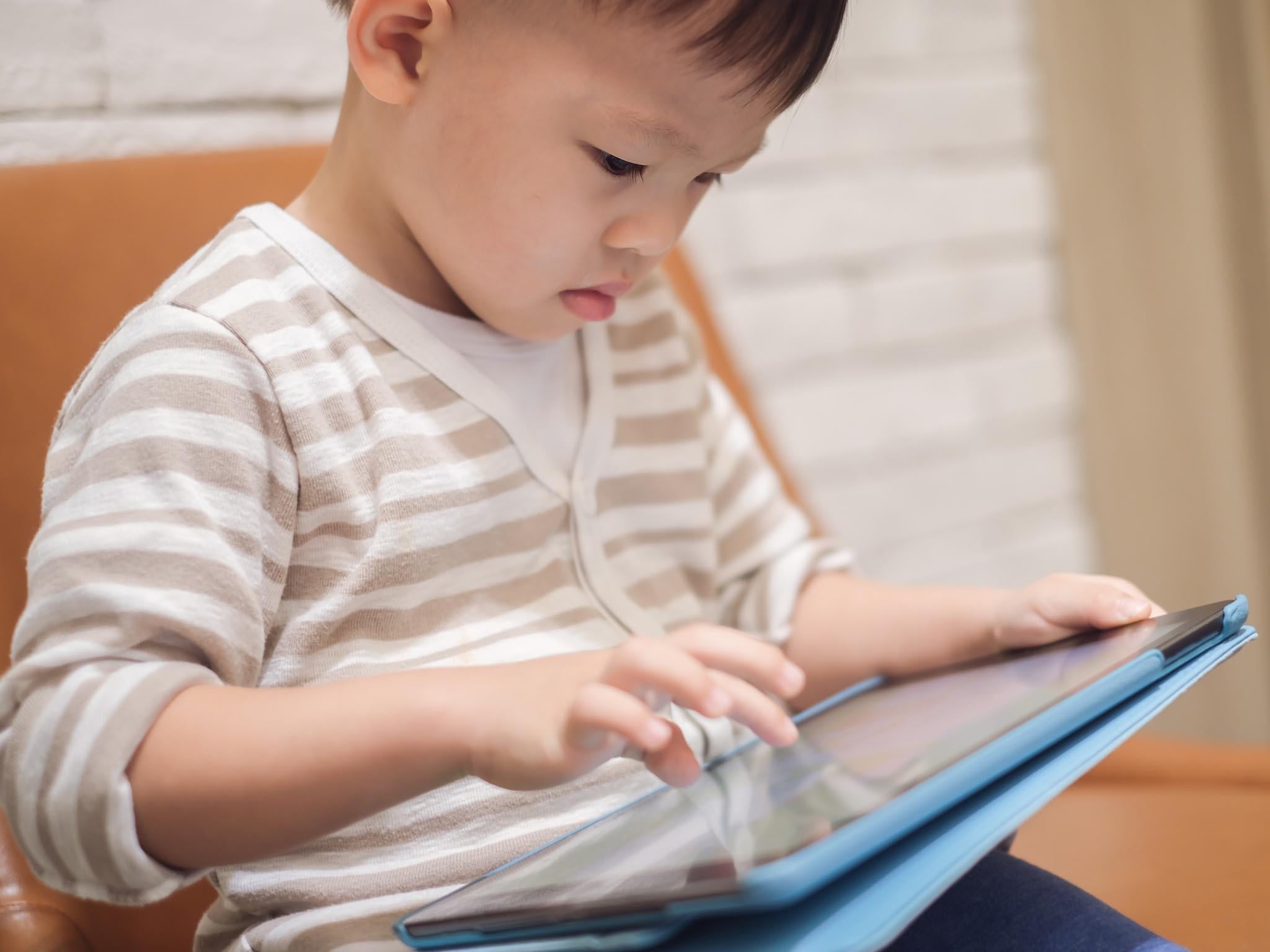Can reduced screen time really help curb child obesity?
The World Health Organisation means well but its new guidelines are too simple to tackle a global crisis, says Sarah Rose

Get children more active. That’s the aim of the World Health Organisation’s new guidelines on physical activity, sedentary behaviour and sleep for children under five years of age. The guidelines make specific recommendations about the amount of sleep, physical activity and screen time children should have each day. For screen time, the guidelines state that children under two years old should get no screen time and children aged two to five should receive no more than an hour a day.
While child obesity is a global crisis, cuts lives short and has significant economic costs, the World Health Organisation’s (WHO) guidelines on screen time are oversimplified. The main evidence the WHO guidelines draw on is a 2017 review looking at the relationship between sedentary behaviour and health in children under the age of five. Of the 96 papers identified in this review, 54 focused on the association between obesity and screen use. Of these, the authors of the report rate all but one as “very low-quality evidence”.
There are two main reasons for the evidence being rated as low quality. First, almost all the studies are observational, meaning they can’t show cause and effect, only associations between screen time and obesity. Second, the findings are not consistent. Of the 54 studies, 25 found no association between screen time and obesity, 13 found that higher amounts of screen time were related to higher levels of obesity, and 16 found a mixture of results, depending on the type of screen time and obesity measurement used.
There are better guidelines
Other guidelines on children’s screen time published by health professionals, such as the UK Royal College of Paediatrics and Child Health (RCPCH) and the American Academy of Pediatrics (AAP), do a better job of reflecting the complexities of the evidence and refrain from making recommendations based on time alone.
The first UK guideline on screen time was published in 2019 by the RCPCH. They aim to help parents make healthy choices for their families, suggesting that parents should consider four key questions: is screen time controlled? Does screen use interfere with what your family wants to do? Does screen use interfere with sleep? And, are you able to control snacking during screen time? This approach of encouraging parents to reflect on the screen-time use of their children acknowledges that a one-size-fits-all approach doesn’t support parents.
Although the AAP has previously recommended no screen time for under twos and less than two hours a day for under fives, they revised their guidelines in 2016 to reflect new evidence and advancements in technology. The AAP guidelines on children’s media use take into account the context of screen time, encouraging viewing with parents and acknowledging the value of video chat, even for babies, and the potential educational benefits of high-quality screen time. Also, the AAP’s guidelines on physical activity in infants report that parents believe it is unrealistic not to permit any TV viewing.

So, while increasing physical activity to combat the global obesity crisis is clearly vital, the WHO guidelines on screen time may not achieve this. There is some indication that interventions to reduce screen time may have health benefits, but such severe reductions seem unsupported and out of line with other screen time guidelines, which recognise that high-quality educational screen time can be associated with some beneficial outcomes, such as supporting early literacy development and developing young children’s knowledge.
Sarah Rose is senior lecturer in psychology and child development at Staffordshire University. This article first appeared on The Conversation
Join our commenting forum
Join thought-provoking conversations, follow other Independent readers and see their replies
Comments
Bookmark popover
Removed from bookmarks